OSU team demonstrates Coal-Direct Chemical Looping for more efficient and low carbon coal heat release
Green Car Congress
FEBRUARY 11, 2013
An Ohio State University team has demonstrated the successful operation of Coal-Direct Chemical Looping (CDCL)—which chemically harnesses coal’s energy and efficiently contains the carbon dioxide produced before it can be released into the atmosphere. Hot iron and coal ash are left behind. 2 millimeters across.





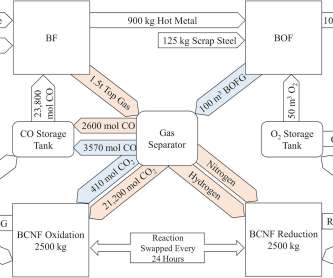







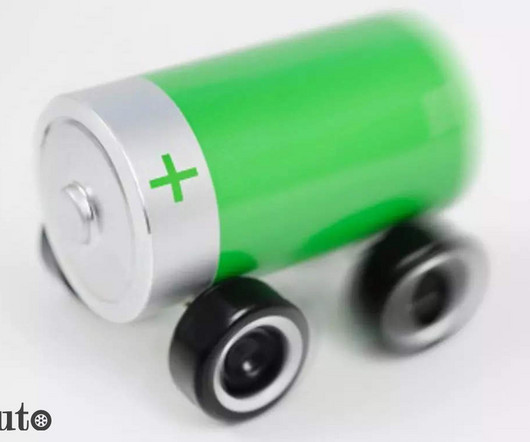

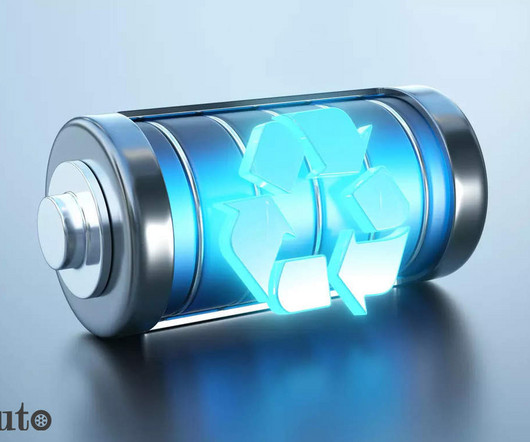

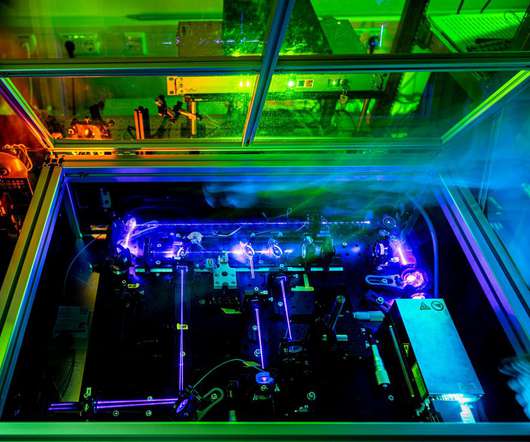

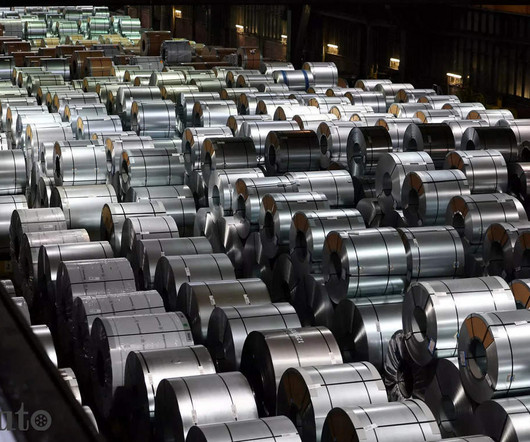

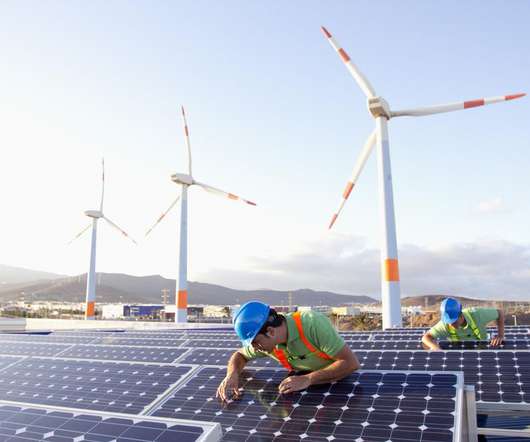







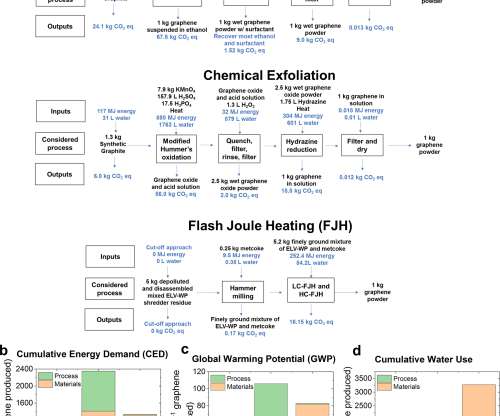


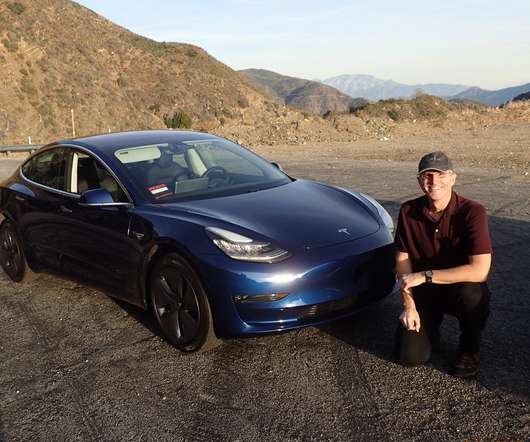
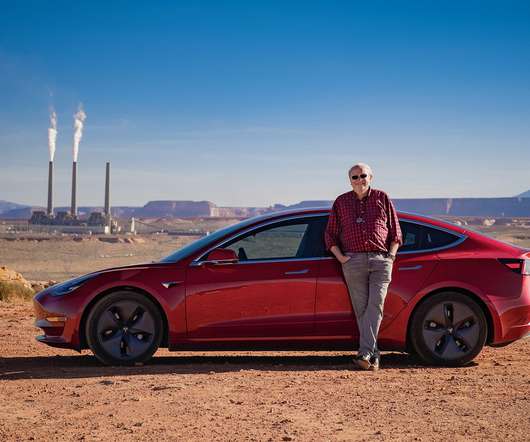









Let's personalize your content